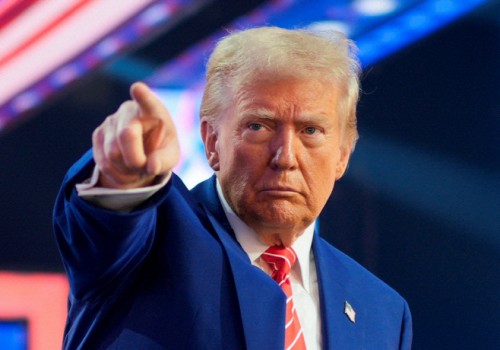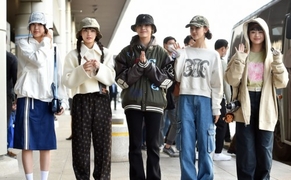 |
Washington correspondent Ha Man-joo
As U.S. President Donald Trump begins his second term on the 20th, the world is expected to enter a new era of isolationism, characterized by the “America First” policy. This “new normal” is anticipated to bring significant changes across all sectors, including trade, immigration, and security. We are launching a series to examine how countries around the world, including China, Japan, Russia and Europe, are responding to Trump’s return, which signals a reorganization of the international order.
President-elect Trump is expected to pursue the “America First” policy even more vigorously in his second term from his first one. On his first day in office, he plans to take measures to deport many illegal immigrants. Additionally, he has announced plans to impose up to a 25% additional tariff on imports from Canada and Mexico, which have significant trade surpluses with the United States despite being neighboring friendly allies. This trade retaliatory measure is aimed at curbing illegal immigration and the influx of the opioid painkiller fentanyl.
Trump is also expected to deny the rights of sexual minorities, ban diversity, equity and inclusion programs of public institutions and private companies, and try to end wokeness and political correctness within the government.
Trump is expected to face strong resistance from bureaucrats and other established forces as he pushes for federal government reform and a “small government” through the newly established advisory body, the Department of Government Efficiency (DOGE), led by Tesla CEO Elon Musk and entrepreneur-turned-politician Vivek Ramaswamy. The Trump administration’s second term is anticipated to bring significant changes not only in domestic policy but also in foreign policy. During his campaign, Trump announced plans to impose additional tariffs of over 60% on Chinese imports and 10-20% on imports from the rest of the world. Furthermore, the Trump administration is expected to pursue the withdrawal or refusal of support for international organizations such as the World Trade Organization (WTO) and the World Health Organization (WHO), as well as bilateral and multilateral agreements like the Paris Climate Agreement. South Korea seems to need measures urgently as such move could be a big blow for a country whose export contribution to economic growth exceeds 86% in 2023.
Additionally, the Trump administration is expected to pressure host countries, including South Korea, to significantly increase their contributions to the costs of stationing U.S. troops, potentially leading to conflicts.
#Trump #America First
Copyright by Asiatoday
Most Read
-
1
-
2
-
3
-
4
-
5
-
6
-
7





















